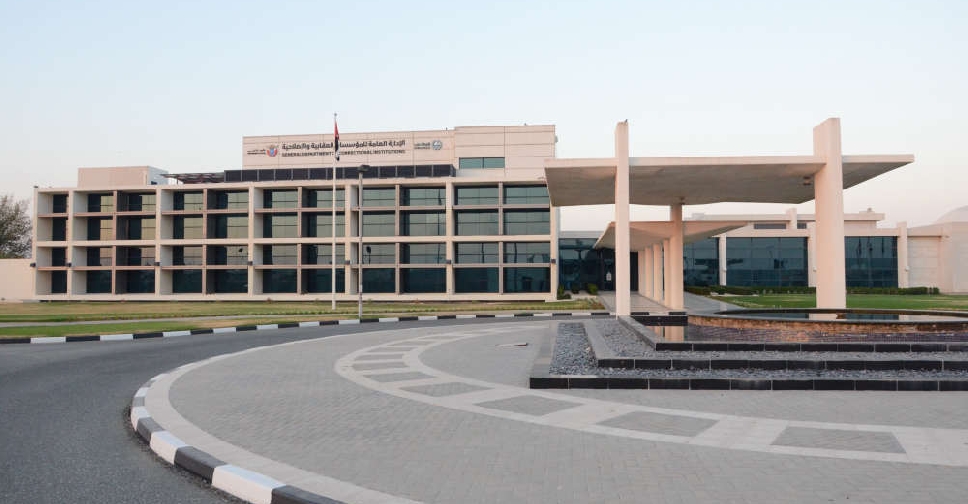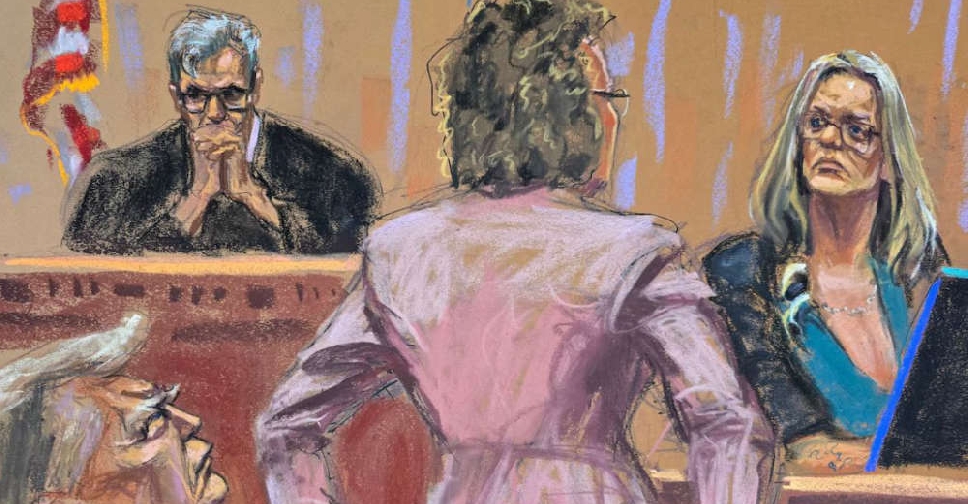
Donald Trump's lawyer sought to show inconsistencies in adult star Stormy Daniels' account of a 2006 sexual encounter she said she had with Trump during the first criminal trial of a sitting or former US president.
Her unflattering account of a sexual encounter with Trump in a Lake Tahoe hotel suite while he was married to his wife Melania riveted jurors and reminded US voters of some of the more lurid aspects of his 2017-2021 presidency as he campaigns to win back the White House this year.
Facing questioning on Thursday by defense lawyer Susan Necheles in a Manhattan courtroom, Daniels stuck to her account.
"You're trying to make me say that it changed, but it hasn't changed," Daniels told Necheles.
Trump, 77, has pleaded not guilty to 34 counts of falsifying business records to cover up his former lawyer and fixer Michael Cohen's AED 477,000 ($130,000) payment to Daniels, 45, for her silence ahead of the 2016 US presidential election about the alleged encounter. Trump has denied ever having sex with Daniels.
Trump has called the trial a politically motivated attempt to undermine his latest presidential campaign.
Prosecutors have said Trump's efforts to obscure the paper trail for the payment to Daniels corrupted the 2016 election in which he defeated Democrat Hillary Clinton by preventing voters from learning about a story that might have swayed their vote.
After testimony ended on Thursday, Trump lawyer Todd Blanche once again asked Justice Juan Merchan to declare a mistrial on the basis of Daniels' testimony.
Blanche argued that her detailed testimony about the alleged sexual encounter, including her statement that Trump was not wearing a condom, had veered into territory that was irrelevant to the case and would prejudice jurors against Trump.
"This is not a case about sex," Blanche said. "This is not a case about whether that incident took place or didn't take place."
Merchan denied the request, saying that because Blanche had argued in his opening statement on 22 April that the encounter never happened prosecutors were allowed to try to rehabilitate Daniels' credibility.
"Your denial puts the jury in a position of having to choose who they believe," Merchan said.
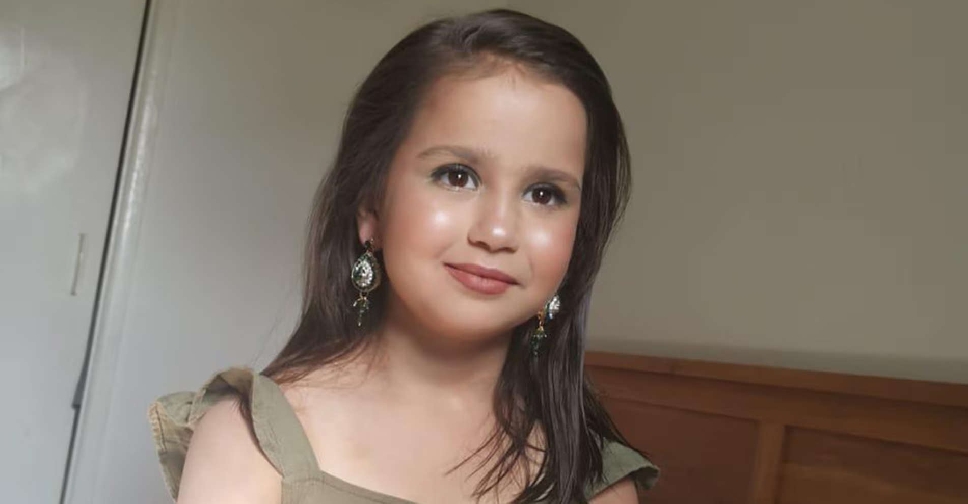 Father, stepmother convicted of 10-year-old girl's murder after UK trial
Father, stepmother convicted of 10-year-old girl's murder after UK trial
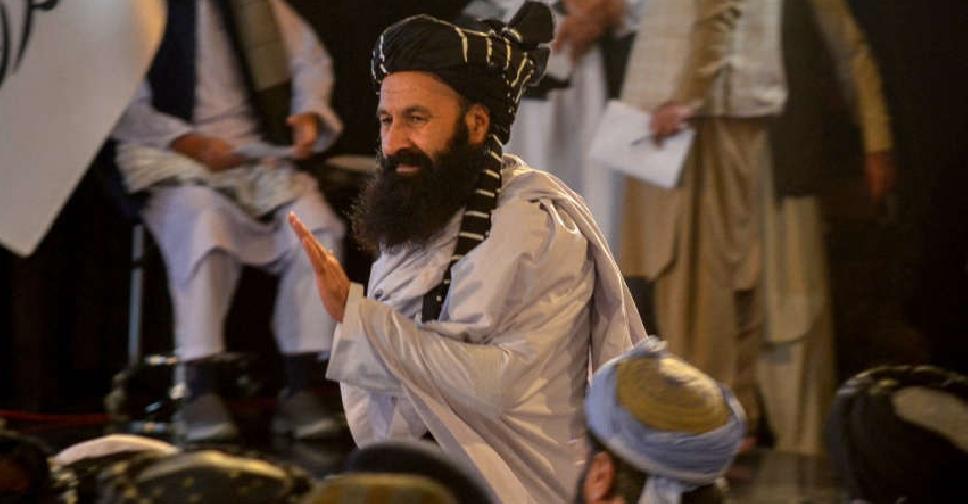 Afghan Taliban's refugees minister killed in Kabul blast
Afghan Taliban's refugees minister killed in Kabul blast
 At least 33 dead after Israeli strikes in Gaza
At least 33 dead after Israeli strikes in Gaza
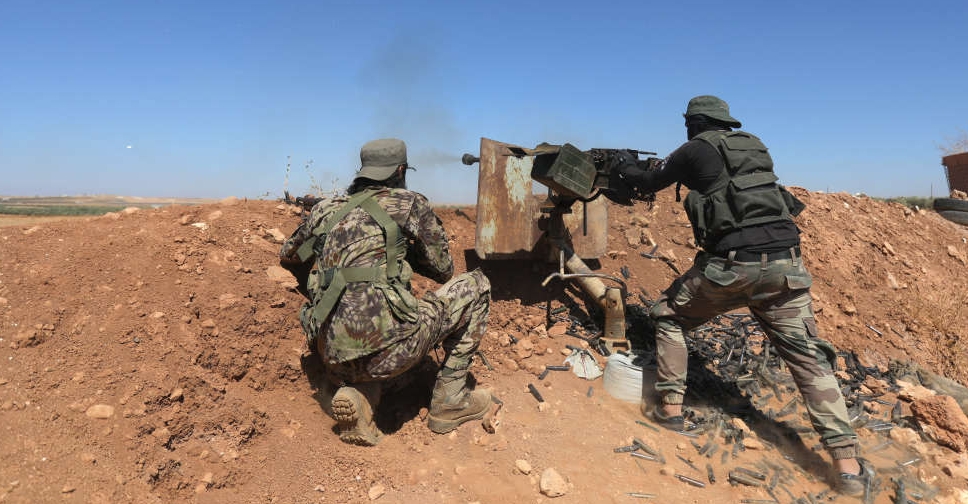 Turkish-backed rebels take control of Syria's Deir ez-Zur
Turkish-backed rebels take control of Syria's Deir ez-Zur
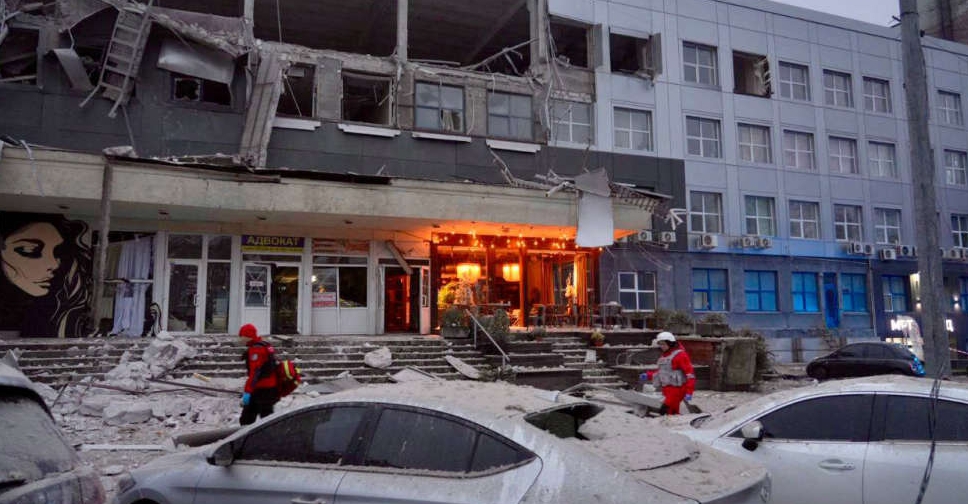 Death toll from missile attack on Ukraine's Zaporizhzhia rises to six
Death toll from missile attack on Ukraine's Zaporizhzhia rises to six


